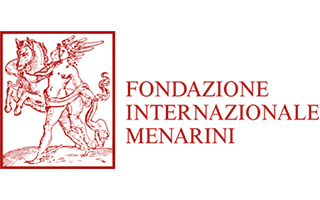2019 Esc Guidelines on the Management of Chronic Coronary Syndromes: a Critical Approach, Atene (Greece)
27 - 28 Settembre 2019

INFO E DETTAGLI
364 Andrea Syngrou Ave., Kallithea 17674, Athens, Greece
Coronary artery disease (CAD) affects the global human population and is the major cause of death in both the developed and developing countries. Lifestyle, environment, and genetics, pose as risk factors for the development of cardiovascular disease.
The prevalence of risk factors among healthy individuals (diabetes mellitus, hypertension, smoking, hyperlipidemia, obesity, and psychosocial stress) predicts the occurrence of CAD in the near future.
The diagnostic management of patients with angina pectoris typically aims at the detection of obstructive epicardial CAD. This clinical paradigm fails to account for the considerable proportion (approximately one-third) of patients with angina in whom obstructive CAD is excluded. This common scenario presents a diagnostic conundrum
whereby angina occurs but there is no obstructive CAD (ischaemia and no obstructive coronary artery disease—INOCA).
The proper management of CAD and modification of its morbid course has been established through extensive studies and trials. RAS blockers, statins and aspirin are used for the secondary prevention of the disease , and revascularization when indicated, nitrates, β-blockers, calcium antagonists, ivabradine, trimetazidine and ranolazine are some of the therapeutic approaches used for the symptomatic relief of angina associated with CAD.
In our scientific program we are going to discuss the most important risk factors related to CHD, with focus on hypertension and other consequences of CHD, and the recent published ESC guidelines for acute pulmonary embolism, dyslipidaemias, diabetes pre-diabetes and cardiovascular disease, and supraventricular arrhythmias.
Experts from all around the world will discuss the hot topics of the just presented ESC guidelines on CHD, and we are going to have a critical approach of them in two panel discussions.
At the end of our scientific meeting four case studies based on the topics discussed will be presented , as a trigger to initiate an interactive discussion with all participants.
For more information please visit this site


